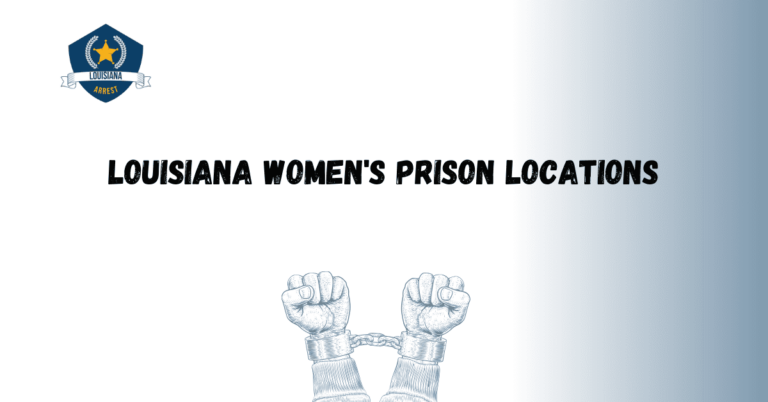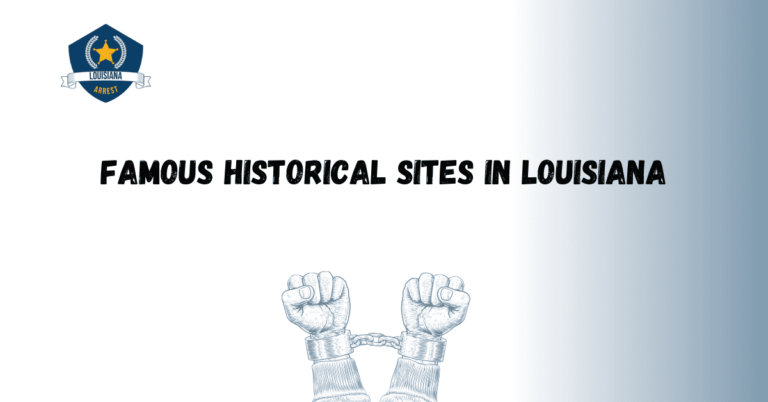Louisiana’s Role in U.S. History
Louisiana’s rich and diverse history has played a pivotal role in shaping the United States as we know it today. From its early Native American inhabitants to its status as a French and Spanish colony, Louisiana has witnessed countless moments of triumph, struggle, and transformation. This southern state is not only known for its vibrant culture and mouthwatering cuisine, but also for its significant contributions to American history.
One of the most defining moments in Louisiana’s history was the Louisiana Purchase in 180This monumental event, orchestrated by President Thomas Jefferson, doubled the size of the United States and opened up vast opportunities for westward expansion. The acquisition of this vast territory not only provided new economic opportunities, but also paved the way for the exploration and settlement of the American frontier.
The Legacy of Louisiana’s Native American Inhabitants
Before Louisiana became a French and Spanish colony, it was home to a rich and diverse Native American population. These indigenous tribes, including the Choctaw, Houma, and Chitimacha, had a profound impact on the state’s history and culture.
The Native Americans of Louisiana had a deep connection to the land and were skilled hunters, gatherers, and farmers. They created intricate pottery, stunning artwork, and impressive mounds that still stand today as a testament to their ingenuity.
One of the most notable tribes in Louisiana’s history is the Chitimacha. Located in the coastal regions, they were skilled fishermen and traders. Their artistry can be seen in the beautifully crafted baskets and intricate beadwork that they created.
The Arrival of European Explorers
In the early 16th century, European explorers set foot on Louisiana’s shores, forever changing the course of its history. The first Europeans to explore the area were Spanish conquistadors, followed by French explorers.
The Spanish were primarily interested in establishing colonies and spreading Christianity, while the French sought to exploit the region’s abundant natural resources, particularly fur-bearing animals.
The French and Spanish Influence
By the 18th century, Louisiana had become a French and Spanish colony, leading to a unique blend of cultures that still defines the state today. The French influence can be seen in the architecture, language, and cuisine, while the Spanish influence is evident in the names of cities and towns, such as Baton Rouge and Natchitoches.
The most significant French contribution to Louisiana was the establishment of New Orleans in 171 This bustling port city became a melting pot of cultures and played a vital role in the region’s economic growth.
The Louisiana Purchase A Turning Point
In 1803, President Thomas Jefferson made one of the most significant decisions in American history—the Louisiana Purchase. This historic event doubled the size of the United States and forever altered the course of Louisiana’s future.
The Louisiana Purchase opened up vast opportunities for westward expansion and paved the way for the Lewis and Clark expedition. It allowed the United States to gain control of the vital Mississippi River and its tributaries, securing access to crucial trade routes.
Exploration and Settlement
With the Louisiana Purchase, thousands of pioneers set out on the arduous journey to explore and settle the American frontier. This westward migration brought people from all walks of life to Louisiana, creating a rich tapestry of cultures and traditions.
The settlement of Louisiana led to the establishment of thriving cities and towns, each with its unique charm and history. From the vibrant music scene of New Orleans to the quaint architecture of Natchitoches, Louisiana offers a diverse range of experiences for visitors and residents alike.
As you explore Louisiana, take a moment to appreciate the rich history that has shaped this remarkable state. From the Native American tribes to the French and Spanish colonies, from the Louisiana Purchase to the westward expansion, each chapter of its history has left an indelible mark on the United States we know today.
FAQs
What is the significance of Louisiana’s history?
Louisiana’s rich and diverse history has played a pivotal role in shaping the United States as we know it today. From its early Native American inhabitants to its status as a French and Spanish colony, Louisiana has witnessed countless moments of triumph, struggle, and transformation.
What makes Louisiana’s culture vibrant?
Louisiana’s vibrant culture is a result of its diverse heritage and influences from various ethnic groups. The state is known for its unique music, such as jazz and zydeco, as well as its lively festivals like Mardi Gras. The cuisine, including dishes like gumbo and jambalaya, is also a significant part of the vibrant culture in Louisiana.
How did the Louisiana Purchase impact the United States?
One of the most defining moments in Louisiana’s history was the Louisiana Purchase in 180This monumental event, orchestrated by President Thomas Jefferson, doubled the size of the United States and opened up vast opportunities for westward expansion.
What were the economic benefits of the Louisiana Purchase?
The acquisition of the Louisiana territory provided new economic opportunities for the United States. It gave access to valuable natural resources, fertile land for agriculture, and increased trade routes along the Mississippi River. This expansion greatly contributed to the nation’s economic growth and development.
How did the Louisiana Purchase impact the American frontier?
The Louisiana Purchase paved the way for the exploration and settlement of the American frontier. The vast territory provided new land for expansion and opened up opportunities for pioneers and settlers to establish communities and pursue new opportunities in the west.
What are some significant moments in Louisiana’s history?
Aside from the Louisiana Purchase, Louisiana has witnessed numerous significant moments in history. These include the Battle of New Orleans during the War of 1812, the Civil War and its aftermath, the Civil Rights Movement, and the devastating impact of Hurricane Katrina in 200Each of these events has shaped the state’s history and had a lasting impact on its people and culture.







